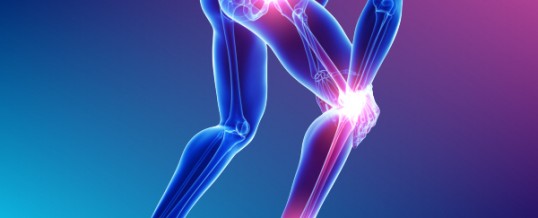
Joint pain is a common condition that affects millions of people worldwide, often leading to discomfort, stiffness, and reduced mobility. It can occur in any part of the body where bones meet, such as the knees, hips, shoulders, and wrists. Factors like aging, arthritis, injuries, or underlying health issues can contribute to joint discomfort. Common symptoms include swelling, tenderness, and limited range of motion. Conditions like osteoarthritis, rheumatoid arthritis, and gout are major culprits behind chronic joint pain. Lifestyle factors such as obesity, lack of exercise, and poor posture can further exacerbate the issue. Early diagnosis and proper treatment play a crucial role in managing joint pain effectively. Physical therapy, medications, and alternative therapies offer relief and improved mobility. In severe cases, joint replacement surgeries may be recommended. Maintaining a healthy diet, regular exercise, and weight management can also prevent joint degeneration. Seeking timely medical attention can help you regain comfort and restore your quality of life.
Causes of Joint Pain
Joint pain can result from various factors, including:
The most common cause, including osteoarthritis and rheumatoid arthritis.
Sports injuries, falls, or accidents can lead to joint damage.
Inflammation of the bursae, fluid-filled sacs that cushion the joints.
Inflammation of the tendons caused by overuse or repetitive motion.
A type of arthritis characterized by sudden, severe joint pain.
Viral or bacterial infections can cause joint inflammation.
Symptoms of Joint Pain
The symptoms may vary depending on the underlying cause, but common symptoms include:
- Swelling and redness around the joint
- Stiffness and reduced range of motion
- Sharp or dull aching pain
- Weakness or instability in the joint
- Warmth around the joint area
Effective Treatment Options
Managing joint pain involves a combination of medical treatments, lifestyle modifications, and alternative therapies. Here are some effective options:
- Medications:
- Physical Therapy:
- Lifestyle Changes:
- Natural Remedies:
- Hot and Cold Therapy:
- Alternative Therapies:
Over-the-counter pain relievers, anti-inflammatory drugs, and corticosteroid injections.
Exercises to strengthen the muscles around the joint and improve flexibility.
Maintaining a healthy weight, regular exercise, and adopting joint-friendly activities.
Herbal supplements like turmeric and omega-3 fatty acids may reduce inflammation.
Applying ice packs or heating pads to relieve pain and reduce swelling.
Acupuncture, massage, and yoga can provide relief from chronic joint pain.
Preventing Joint Pain
To prevent joint pain, follow these tips:
- Stay active with low-impact exercises like swimming or walking.
- Maintain a balanced diet rich in calcium and vitamin D.
- Avoid repetitive stress on joints.
- Practice good posture.
- Manage underlying health conditions effectively.
Joint pain can significantly impact your daily activities, but with proper management, relief is possible. Consult a healthcare provider for an accurate diagnosis and personalized treatment plan. By combining medical care with lifestyle adjustments, you can reduce pain, improve mobility, and enhance your quality of life.